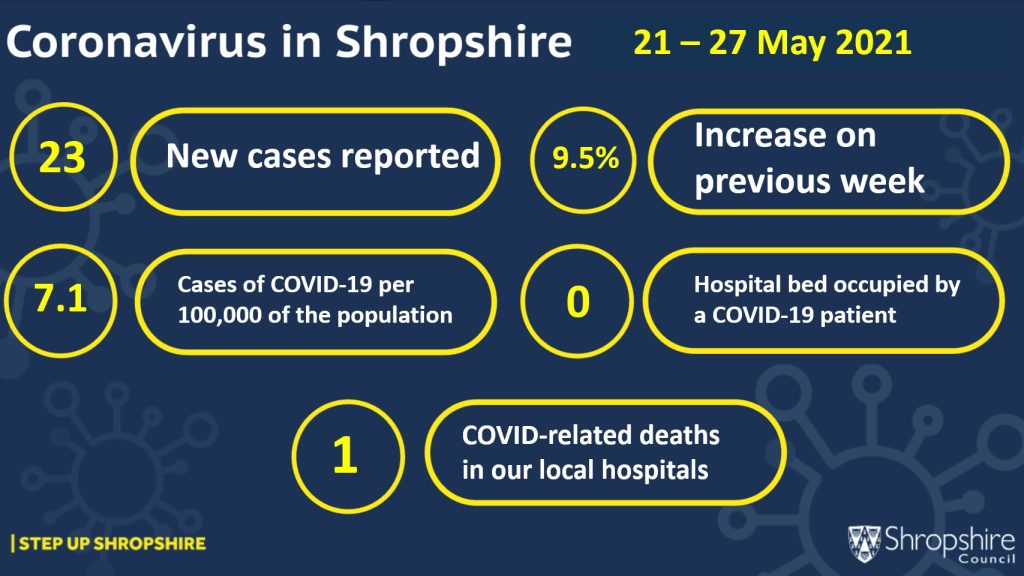Symptoms of covid 19 delta variant singapore

This has of course angered those who have suffered first-hand as a result of the coronavirus, the healthcare workers who have been working tirelessly to care for the sick and the scientists who have escalated their efforts to come up with potential treatments and cures. Many countries have seen public demonstrations against lockdowns and social distancing measures, as well as rallies against the use of vaccinations. Some have even seen healthcare facilities where COVID patients are being treated or where vaccines are being administered, vandalised and in some of the worst cases, healthcare professionals being abused and threatened.
A warning for other countries
symptoms of covid 19 delta variant singapore In the initial stages of the pandemic, people seemed to come together. There was a feeling of unity against an invisible virus that posed a credible threat to us all. People seemed to understand the need for lockdowns and social distancing as offices shut down and workers were asked to stay at home. But as time went on, different groups of people had differing experiences of the pandemic. Generally, adults fell into three camps: 1. Those who were directly affected by the illness that COVID brought, including those working on the front line. Symptoms of covid 19 delta variant singapore who were affected by only the economic consequences of the pandemic.
Those who feel they are largely unaffected by the pandemic — people who ignored advice or lived in such a way the restrictions did not affect them. This divide caused conflict. Those who were suffering economically could not balance the need for lockdowns against the large-scale financial devastation being caused by these restrictions, and those who were experiencing the real-life horrors on the front line could think of no other way to stop the deluge of sick patients presenting at hospitals.
Children also suffered as school closures had a detrimental effect on education and they no longer had the opportunities for social interactions that they depend on for source, and this overwhelmed and stressed many parents. The pandemic also divided people along socioeconomic and read more lines. It became apparent early on that those who were living in poorer socioeconomic areas were most likely to become sick from the virus. This means that even though the risk of breakthrough infections is low, there will be thousands of fully vaccinated people who become infected and able to infect others, especially with the surging spread of the Delta variant. Low vaccination coverage in many communities is driving the current rapid surge in cases involving the Delta variant, which also increases the chances that even more concerning variants could emerge.
New restrictions
Vaccination is the best way to protect yourself, your family, and your community. High vaccination coverage will reduce spread of the virus and help prevent new variants from emerging. CDC recommends that everyone aged 12 years and older get vaccinated as soon as possible. Masks Given what we know about the Delta variant, vaccine effectiveness, and current vaccine coverage, layered prevention strategies, including wearing masks, are needed to reduce the transmission of this variant At this time, as we build the level of vaccination nationwide, we must also use all the prevention strategies available, including masking indoors in public places, to stop transmission and stop the pandemic.
Recent research found that the Delta variant grows more rapidly — and to much greater levels — in the respiratory tract.

Typically, vaccinated people are either asymptomatic or have very mild symptoms if they contract the Delta variant. Their symptoms are more like those of a common cold, such as cough, fever or headache, with the addition of significant loss of smell. Vaccines are highly effective at preventing COVID infection and are also effective in fighting against the Delta variant. Gangrene Dr Abdul Ghafur, an infectious disease physician in India, told Bloomberg that patients have suffered from symptoms of gangrene and were tested positive for the virus. The Delta variant can cause article source death of tissues and loss of blood supply to organs leading to cases of gangrene even to people with no comorbidities.

If the outbreak is not properly controlled, Singapore could see an exponential surge in cases, Prof Leo added. This figure went up to between January and August this year, driven in part by the Delta strain.
Symptoms of covid 19 delta variant singapore Video
The COVID-19 Delta Variant ExplainedSymptoms of covid 19 delta variant singapore - speak this
In contrast, symptoms like cough and loss of taste and smell weren't as common anymore. They all have different rates of transmissibility and impact on vaccine effectiveness.
So it's no surprise they may also lead to different symptoms. However, the Delta variant appears to present more like the common cold, causing upper respiratory symptoms such as a sore throat or runny nose. We know that influenza type B is more likely to cause calf pain than influenza type A. In fact, the researchers say loss of smell seems to have become less common as the virus has evolved. Severe Gastric Upsets Another new symptom from the delta variant is severe gastric problems not typically seen in covid patients. Earlier this month, Dr.
What level do Yokais evolve at? - Yo-kai Aradrama Message